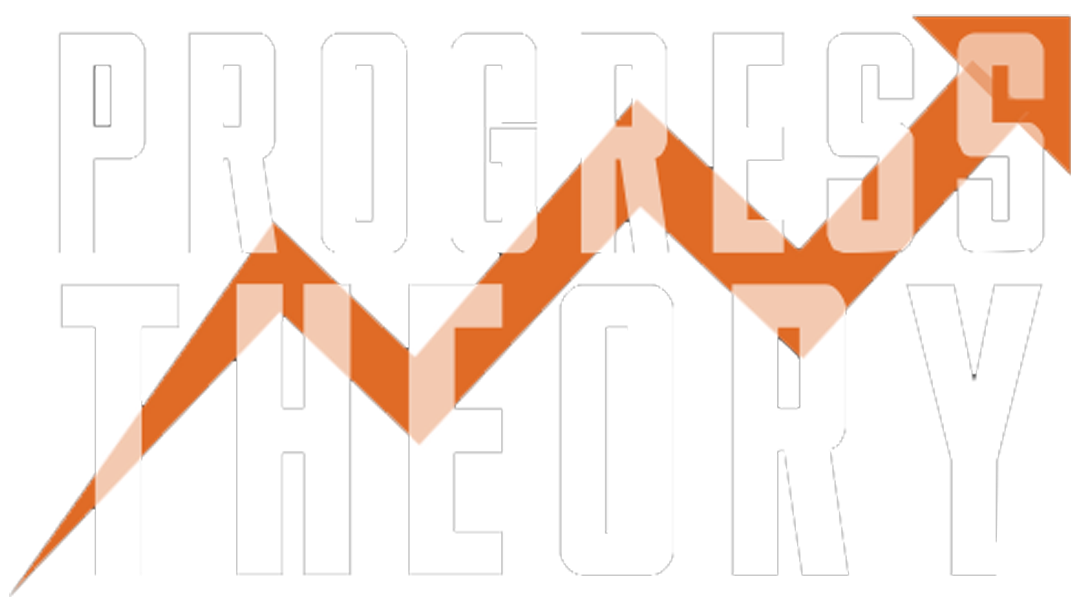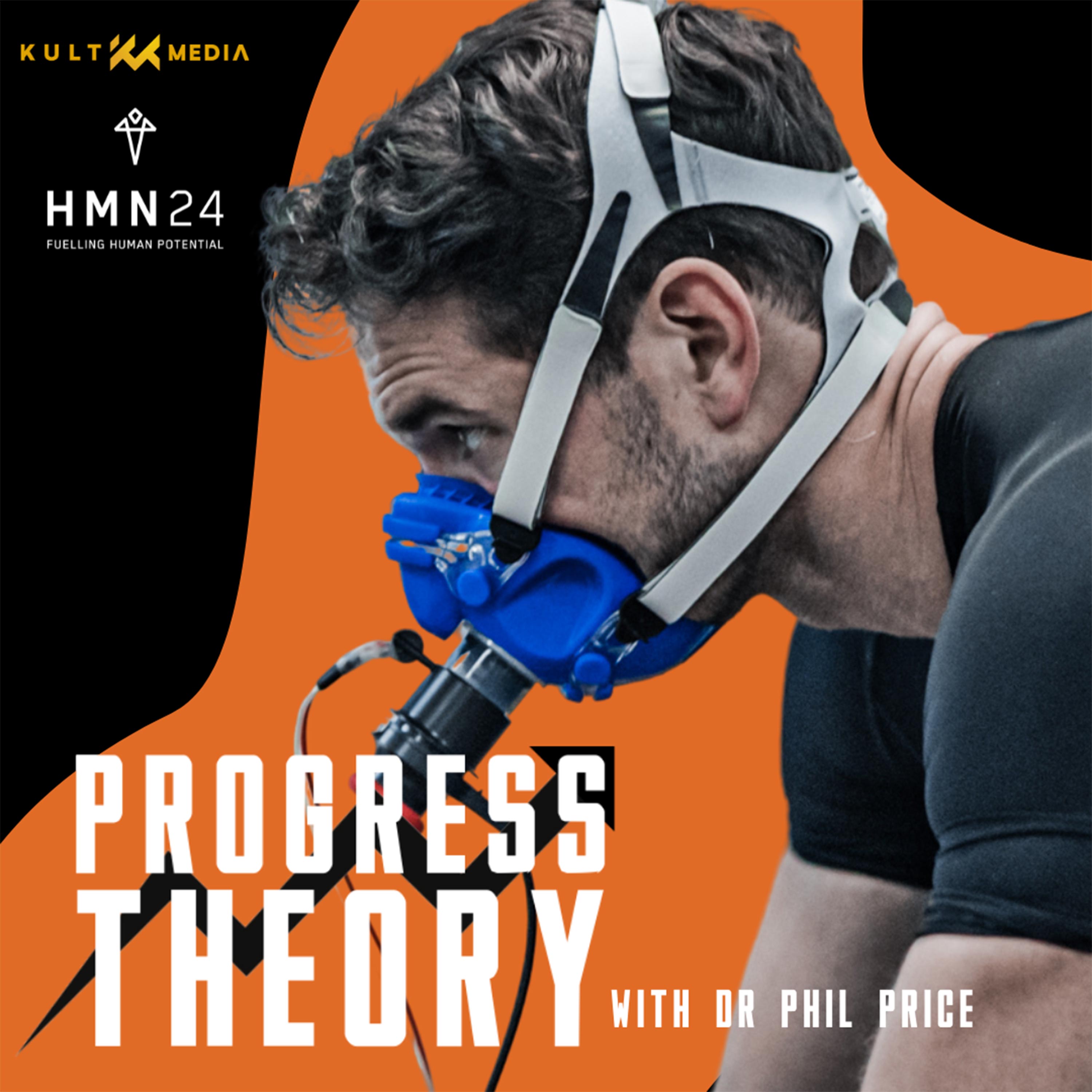Performance Review: Training for Triathlon 70.3 - Part 1
Hello and welcome to The Progress Theory where we discuss how to implement scientific principles to optimise human performance.
We’ve started a new series of episodes. These Progress Theory episodes aim to discuss how I (@thepricep) am putting Science into practice into my own physical challenges, as the best way to learn about human performance and sport science is to put it into practice, see what works and what didn’t work, reflect on the results, review and repeat the process.
What is important about these Progress theory Episodes is how they’re going to focus on how I am making my programming decisions. What information am I using? How am I determining what is important for me and my training for a particular event at that given time? It is these decision-making skills that I hope will help our listeners make their own programming decisions. Making a training programme that is both specific to you as an athlete and your goal is difficult and requires a lot of thought as to what to include in your programme, what not to include in your programme, and decide where the right level of training is for you. For example, working on too many things at once may appear specific to your goals, but may accumulate too much fatigue which actually decreases performance or even increases the risk of injury.
It is these types of issues that this podcast will discuss. I won’t just list through my programme as that would be dull. However, I will go through key decisions and scientific principles that I think make up the important components of my programming, explaining my rationale behind them.
So, the first challenge is The Gauntlet at the festival of endurance at Hever Castle hosted by Castle Triathlon. 1.9km swim, 90km bike, finished with a half marathon run. Only 8 weeks to prepare, which isn’t much considering the poor training state at the beginning of the year.
In this episode, we discuss:
0:00 - Introduction
2:30 - The Gauntlet
4:10 - My training history
6:00 - The specific components of the programme covered in this episode
7:14 - Efficiency is key and the driver of decision making in this programme
10:07 - Rate of Perceived exertion
15:01 - Exercise focus
16:38 - Poor motion around the C7/T1 junction
22:00 - Left hip impingement
25:28 - Left foot being a poor shock absorber
28:52 - Contrast sets
34:25 - Episode summary
There are plenty more things to talk about, including the programming over the 8 weeks, which I will definitely cover in the next few episodes. I hope you enjoyed the episode and that it sparked some ideas in your own training.
Please follow @theprogresstheory on Instagram and youtube, leave a comment or share us on your story. We really appreciate the help as we grow the channel. Also, head to our website www.theprogresstheory.com where you can find all of our content.
We’ll see you in the next episode
FOLLOW OUR PODCAST
Follow our Host / Guest
Explore these Resources or Items Mentioned in the Show
Rich Blagrove The Progress Theory episode

